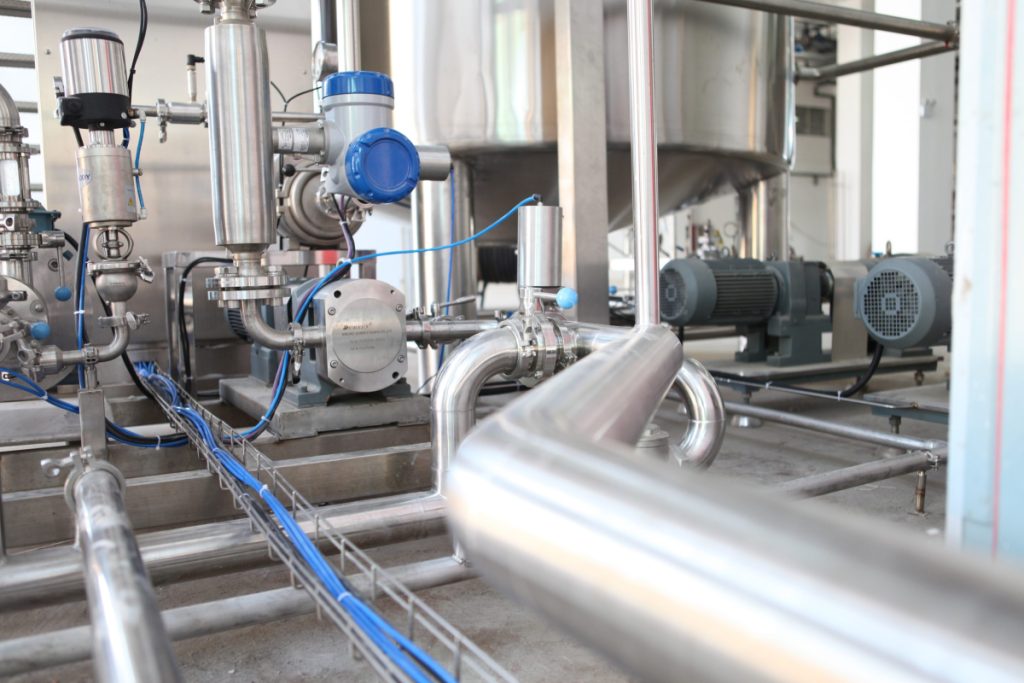- Before starting a pharmaceutical business, extensive research is crucial, helping to understand regulations, target audience, ingredients, and manufacturing standards.
- Implementing a comprehensive Quality Management System facilitates streamlined processes, reduced errors, and enhanced product quality and safety.
- Investment in advanced equipment and technology, including packaging machines, quality control software, and automated storage systems, is essential for consistent quality control.
- Quality control and product safety are critical for startups in the pharmaceutical industry, directly influencing their competitiveness and industry standard compliance.
Starting a pharmaceutical business is a promising venture. However, it comes with significant responsibilities. One of the top priorities for any pharmaceutical industry should be enhancing product safety and quality control. As a small or medium-sized business owner, there are several things you need to do to ensure your products meet the high standards required in the industry. Here are some of the key aspects to focus on to guarantee that your pharmaceutical product is safe and of high quality.
Start With Thorough Research

Before starting a pharmaceutical business, it’s essential to conduct extensive research. Find out what the regulations are in the industry and which products are in high demand in the market. Research can help you identify gaps and areas where you can improve the quality of existing products. Here are other ways research can help you in the pharmaceutical business:
Target Audience
Understanding your target audience is critical in the pharmaceutical industry. This involves knowing their needs, health challenges, and the kind of solutions they seek. It’s also imperative to understand the demographics of your target audience, including age, health status, and lifestyle, among other factors. This information allows you to tailor your products to meet their specific needs, creating safer and more efficacious pharmaceutical solutions.
Different Ingredients
Understanding the ingredients used in pharmaceutical products is equally essential. This involves knowing not just what they are but their purpose, possible side effects, and interactions with other elements or medical conditions. This knowledge helps in formulating safer products and avoiding potentially harmful combinations. It’s also critical in improving product quality, as you can opt for superior ingredients that enhance efficacy and minimize adverse reactions.
Quality Standards
Researching quality standards in manufacturing pharmaceutical products ensures your business adheres to industry regulations. This helps prevent potential legal issues and guarantees your products’ safety and effectiveness. Be aware of the Good Manufacturing Practice (GMP) regulations and any other local or regional standards. Understanding these standards also allows you to implement them into your manufacturing processes, enhancing product quality and safety.
Implement a Quality Management System (QMS)
A quality management system (QMS) is essential for maintaining product quality in the pharmaceutical industry. A QMS helps to streamline processes, minimize errors, and enhance product quality and safety.
Developing a QMS that covers all aspects of the product lifecycle is essential, from research and development to manufacturing and distribution. A QMS should be regularly reviewed and updated to ensure it remains relevant and effective in meeting industry standards.
Furthermore, it’s essential to have a team of experts who can oversee the QMS implementation and ensure it works. In addition, ensure that your employees receive appropriate training on the system’s requirements and procedures.
Invest in Quality Equipment and Technology
In the pharmaceutical industry, investing in quality equipment and technology can significantly impact product safety and quality control. When choosing equipment and technology, selecting those that meet industry standards and requirements is crucial. Regular maintenance and calibration of equipment can ensure that they are always in good condition and perform optimally. Here are things to prioritize:
Packaging Machine
When it comes to packaging products, a state-of-the-art machine is essential. An efficient pharmaceutical packaging machine can help ensure that your products are safely and securely sealed according to industry standards. It also helps reduce waste materials, which is beneficial for the environment as well as the bottom line.
Quality Control Software

Quality control software is an invaluable tool for any pharmaceutical business. This software helps track product quality and ensure compliance with industry standards. It can also be used to monitor production processes, check for errors, and ensure that products are safe and meet customer expectations.
Automated Storage System
An automated storage system can be extremely helpful in maintaining product quality and safety. Automated systems are designed to store products in a temperature and humidity-controlled environment, eliminating the risk of contamination or degradation due to environmental factors. This helps ensure that your products remain safe and effective until they reach the consumer.
Quality control and product safety are critical aspects of the pharmaceutical industry. As a small or medium-sized business owner starting out in this industry, it’s essential to focus on these aspects to remain competitive and meet industry standards. Conduct thorough research, implement a quality management system, invest in quality equipment and technology, hire qualified and trained personnel, and regularly test products to ensure that you offer products that are safe and of high quality. Doing so can build a reputation as a reliable and trustworthy pharmaceutical company, which can translate into loyal customers and long-term success.
